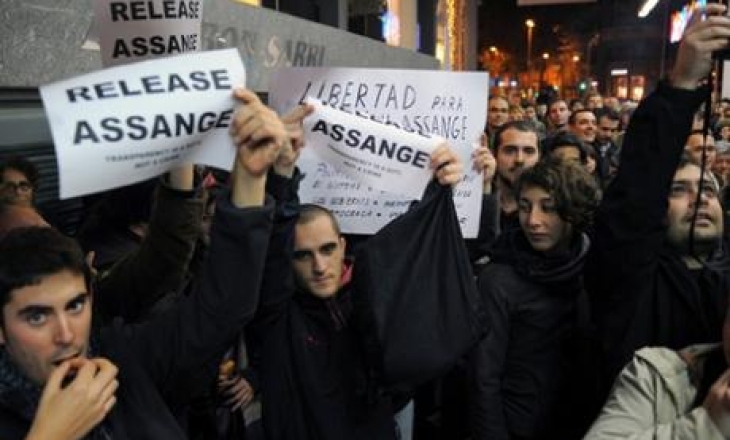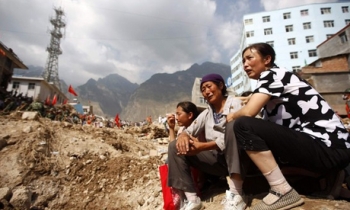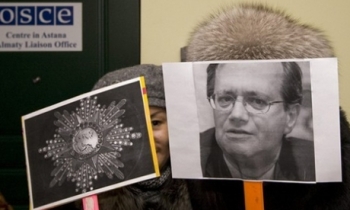The Lebanese news website Al-Akhbar is being harassed after it published US diplomatic cables that were first disclosed by WikiLeaks. The website was hacked last week by unknown attackers, while the Tunisian government blocked domestic access to the site. Saudi officials blocked access to the independent website Elaph, which also published some of the cables.
"We condemn efforts to restrict news coverage of the diplomatic cables obtained by WikiLeaks," said Committee to Protect Journalists (CPJ) Executive Director Joel Simon. "We call on the Saudi and Tunisian governments to allow access to media outlets covering these newsworthy developments."
Tunisian authorities blocked access to Al-Akhbar on December 5 after it published US cables that depicted President Zine El Abidine Ben Ali and his government in an unflattering light, according to news reports. The diplomatic cables, released by WikiLeaks, described a corrupt and out-of-touch leadership. In the published cables, US Ambassador Robert Godec wrote that the president and his administration "have lost touch with the Tunisian people" and that "they tolerate no advice or criticism, whether domestic or international." The ambassador said the government increasingly relies on "police for control" and that "corruption in the inner circle is growing." He said "Tunisians intensely dislike, even hate, first lady Leila Trabelsi and her family."
The website, the online version of the Lebanese daily Al-Akhbar, was hacked early Thursday morning, the newspaper said. Readers attempting to access the website were redirected to other sites, one of which showed pictures of the Saudi royalty. Al-Akhbar, which has been publishing translations of cables involving a number of Arab leaders, posted one missive that described extravagant Saudi parties with alcohol and drugs. The cable said the parties were organized under the patronage of Saudi princes.
Omar Nashabe, a member of the editorial board of Al-Akhbar, said the newspaper's website was operable again Friday. "We are still investigating the matter," he told CPJ. Nashabe said the paper welcomes different opinions that can be published online or in the print edition, "but destroying our website will not work." After the website was hacked, the paper immediately established a substitute website.
On Monday last, Saudi authorities blocked access to Elaph, the popular news website based in London, after it published some of the leaked cables, according to Al-Quds al-Arabi, a pan-Arab daily also based in London. Saudi authorities did not provide a reason or any comment. News reports said the suspension was likely connected with Elaph's publication of the leaked documents. Elaph could not be reached for a comment.










